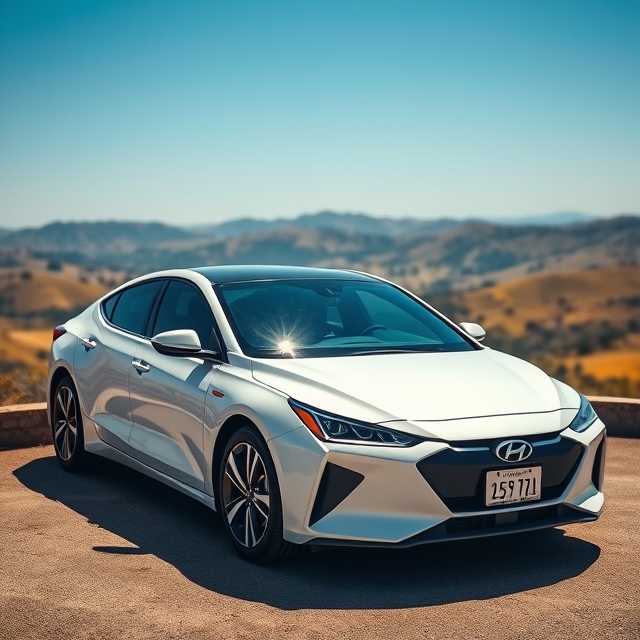Engineering Explained
Engineering Explained
3.88M subscribers
Oct 18, 2024
Hybrid vehicles are uniquely challenging due to the frequent engine start/stops, as well as lower overall engine temperatures, which can lead to water and fuel dilution. Sponsored by Mobil 1 – https://www.mobil.com/en/lubricants/ Hybrid vehicles are a great solution to improving fuel economy, but they have their own unique challenges. Because hybrid engines start & stop frequently, this often results in lower engine temperatures, which in turn can create issues with water and fuel dilution. Frequent start/stops, water, and fuel, can all create problems that exacerbate engine wear. To combat this, Mobil 1 has developed Mobil 1 hybrid, a full synthetic motor oil that is designed to meet the challenges that hybrid vehicles place on engines. This video will focus on three main subjects: how hybrids work, why hybrids are hard on engines, and what solutions exist to combat these challenges.
====================================================================================
Learned something here I had not realized....



